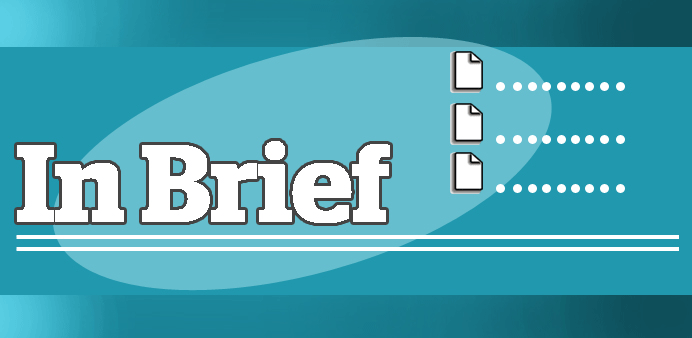AFP/Frankfurt
European Central Bank (ECB) chief Mario Draghi said yesterday he expects a gradual recovery in the crisis-hit eurozone to start later this year despite lingering “vulnerabilities”.
“The economic situation in the euro area remains challenging but there are a few signs of a possible stabilisation,” he told an international monetary conference in China’s financial hub of Shanghai.
“Our baseline scenario continues to be one of a very gradual recovery starting in the latter part of this year,” he said in a speech.
His remarks came before the ECB holds a key policy meeting later this week to assess options for ways of stimulating the European Union’s recession-ridden economy following a recent cut in interest rates.
The debt crisis that has engulfed several eurozone nations, most notably Greece, has led to speculation of a possible break-up of the monetary union, but Draghi played down the prospect.
“Now the union is more resilient and a more stable union than it was before because the overall conviction is that it’s going to stay,” he said in a question-and-answer session.
Draghi said that the ECB would “continue to support macroeconomic performance by ensuring price stability in the euro area”.
Inflation across the eurozone rose to 1.4% in May from 1.2% in April, the first time in months that the reading has increased, official data showed on Friday.
Draghi did not directly answer a question on whether the bank was considering quantitative easing to boost the economy, but said the EU had “narrower” options to do this than the US.
Last month, the ECB cut interest rates in an attempt to stimulate the eurozone’s economy, shaving a quarter of a percentage point off the “refi” rate on its main refinancing operations to 0.50%.
The ECB has two other key rates — the deposit rate, paid to banks to park excess cash with the ECB, and the marginal lending rate, used as a last resort for banks unable to obtain funding in the wholesale market.
The two effectively act as the floor and ceiling for interest rates in the 17-country eurozone. The ECB has pared back the marginal lending rate by half a point to 1.00%, but left the deposit rate unchanged at zero.
Any new cuts would therefore entail a cut in the deposit rate, taking the central bank into previously unchartered territory of negative interest rates.
“In calibrating our policy response to future challenges, the ECB will remain deeply committed to our monetary policy framework,” Draghi said in his speech.
He added that an accommodative monetary policy must be accompanied by “swift” repairs to banks’ balance sheets as well as fiscal and structural reforms.

